Read this essay in Portuguese
n August 12, 2021, Scottish church historian and missiologist Andrew Walls died at the age of 93. He knew and understood the history and people of Africa—and he cared. Walls opened my eyes to historical patterns; he helped us better understand the Bible. It was his work that would eventually and fundamentally alter my perspective on the global body of Christ.
Walls made two profound observations in summarizing the phenomenal work of Kenneth Scott Latourette’s A History of the Expansion of Christianity. First, he explained that “Christian faith must go on being translated, must continuously enter into the vernacular culture and interact with it, or it withers and fades.” And second, “Crossing cultural boundaries has been the life blood of historic Christianity,” and “the energy for the frontier crossing has come from the periphery rather than the centre.”
As I immersed myself in Walls’s powerful writings, I worked as a professor of congregational studies and missiology at Stellenbosch University in South Africa. At the time, I was involved in a rapidly expanding network of theological schools on our continent called the Network for African Congregational Theology—or NetACT for short. In 2003, NetACT received a proverbial Macedonian call from Angola to visit and to help.
The Portuguese began trading with the peoples of Angola in 1560 and had subjugated the Angolans by 1590. A history of exploitation, corruption, and the slave trade continued until 1960 when liberation movements began to rebel, demanding independence. This struggle continued until 1975 when the Portuguese had a change in government and independence was granted to Angola.
The MPLA (Movimento Popular de Libertação de Angola) won control of the country with the support of Cuba and the former USSR. Their rule was opposed by the UNITA (União Nacional para a Independência Total de Angola) movement backed by South Africa and the United States. Sixteen years of civil war followed until a peace agreement in 1991. Afterwards, elections were held, but UNITA did not accept the results, which caused fighting to break out again, persisting until the death of the UNITA leader, Jonas Savimbi, on April 4th, 2002. The fathers of the leaders of the three independence movements were all Protestant pastors.
By June 2004, most major Angolan roads, once littered with landmines, had been cleared. Seven of us from NetACT traveled to Angola in a Land Rover and a mine-resistant vehicle (that, to me, looked very much like a daddy long-legs spider straddling the road). Our purpose was to visit churches and theological schools. It also coincided with a research project I embarked on. I asked three questions wherever we met Angolan Christians: “What happened to the church during the 40 years of war? Did it grow or did it decline? What happened to theological education?”
Our first meeting was in Lubango, the biggest city in southern Angola. On the day after our arrival, we had a morning appointment with church leaders. However, their key spokesperson, who was fluent in English, was late. The local leaders insisted that we wait for the arrival of Pastor José Evaristo Abias, who was general secretary of the UIEA (União de Igrejas Evangélicas de Angola) and chairperson of the AEA (Angolan Evangelical Alliance). When he eventually turned up, his face was shining. Skipping protocol, we simply had to ask: “Something happened to you, Pastor, please share it with us!”
He nodded and the story tumbled out in swift and jubilant words.
“I am responsible for the repatriation of refugees, and last night I received a call informing me that a few truckloads of refugees are due to arrive early this morning. Thirty-six years ago, in 1969, when I was 15 years old, our village was attacked. In the utter chaos that ensued, everybody scattered. Over time, members of my village regrouped and survived in small groups in uninhabited areas in the countryside. Our family, too, managed to regroup. However, my sister, Adelaide, was missing and we never found her or heard from her again. This morning, the trucks arrived from Zambia. Crates were put in place so that the exhausted passengers could scramble down from the truck. I saw a woman climbing down. She looked so familiar that I could not take my eyes off her. When she turned around to orient herself, she saw me staring at her. She hesitated and then in slow, uncertain steps started moving towards me.
I managed to utter one word: ‘Adelaide?!’
She started running to me and cried: ‘José!’”
In the silence that followed his story, Pastor José’s eyes were brimming with tears, but his posture radiated the wonder of this “resurrection from death.” Each of us were wiping the tears from our eyes.
Some 250 miles north of Lubango is Huambo, Angola’s second biggest city and the place where some of the worst fighting during the civil war took place. We started our trek to Huambo early on a Friday morning. We had an appointment at a seminary that afternoon on the last day of their semester.
We soon realized that we were in trouble. Google Maps and cellphones are not functional in most of Angola. Road signs were nonexistent. We simply had to follow the wreckage from all kinds of vehicles—especially those of tanks and other armed machines. The main road that connects Lubango to Huambo was a succession of potholes and land mine craters. We were still far off from Huambo when darkness overtook us at a friendly village called Catata.
To our surprise, when we arrived in Huambo late the next day, the theological school’s staff and students were clearly unfazed by our tardiness—they welcomed us with song and dance. Laughingly, they told us it was impossible to travel from one city to the other in just one day. Besides, they explained, they did not mind waiting for us, as we were the first foreign visitors they had received in many years.
We stayed in Huambo for a few days and the principal of the school insisted on showing us the city. It was a traumatic experience. The city was devastated. Buildings and other infrastructure were bombed to pieces. Nothing seemed to be working; sewage ran off in little streams along the streets and eventually into dirty rivers of garbage. One could barely stand the smell of it all. The roads were full of potholes, crisscrossed above with electricity cables. I had never seen so many people with amputated limbs and other physical scars of war in my entire life. In the meantime, Pastor Alexandre dos Santos Mioco was happily telling us stories about life in Huambo.
Struggling to keep our composure, we stopped him with a simple question: “How do you live in a city like this?”
There was a sudden silence. In his eyes, we sensed an incomprehension at our question—even shock and hurt. After a few awkward seconds, he replied: “We have peace now. A year ago, nobody in this city was safe, every day people died here, we lived in fear…”
It took me a long time to understand the gravity of what took place on that morning: the local pastor and a visiting group of foreign guests were driving through the same city, laying eyes upon the same sights and situations, but our perceptions were radically different. Coming from South Africa, I saw only utter chaos. Our Huambo friend on the other hand saw a city free from fear and fighting. I later realized that I was not really listening to our host. In the terminology of Andrew Walls, I did not have the pastoral sensitivity to cross interpretational boundaries. I was stuck in my own framework. Without the ability to cross boundaries, we remained worlds apart. And yet, there is the constant invitation to see through another’s eyes.
Our last stop was in northeastern Angola, at Kinkuni, in Uíge Province. We visited a Reformed theological school, the Instituto Teológico da Igreja Evangélica Reformada de Angola. Before independence, the Portuguese colonial government and the Roman Catholic Church had an agreement: Protestant churches were allowed to operate in Angola, but a specific denomination was allowed in one province only. The Reformed Church was allowed to be in the rural Uíge province but not in any of the other 17 provinces.
The Reformed seminary at Kinkuni was established in 1940 and twice destroyed. First in 1961 by the Portuguese (who resented the Protestants’ critique of their colonial policies). After the church rebuilt it, the seminary was again destroyed in 1978, this time by the postindependence MPLA Marxist forces (on grounds that Christianity had a negative effect on the people).
I was invited to address the students and staff at the opening of the theological school semester. The title of my paper was: “The future of the church and the church of the future.” A student with a big radio-tape recorder stood in front of me, recording the presentation. After the presentation, most of the staff and all the students moved outside. They listened to the recording under a nearby tree and a loud and enthusiastic discussion ensued.
In Angola, whenever I would inquire about the theological training these students received, the answer was always “discipleship training.” I never really grasped what was meant by this, but now we could get an explanation.
We were told that it was difficult—at times impossible—to receive formal theological education. The military leaders in charge of the provinces were mostly Marxist and strongly opposed Christianity, which meant that believers had to meet in secret.
As the church adapted, three types of congregations evolved. Some held formal church meetings in refugee camps in adjacent countries. In most Angolan towns, members of former flourishing congregations met in smaller groups in houses or under trees, disguised to look like ordinary informal friendship gatherings. Others, mostly those in rural areas, existed as small groups that were fleeing, hiding, or simply surviving and living off the land. All groups had pastors and all pastors were discipling one or two members of the group to take over if the pastor was killed or if the members had to flee and were separated from one another. In 2004, most pastors in Protestant churches in Angola still received this “discipleship training.”
Everywhere I went, I asked how many congregations a specific denomination had and how many members it was composed of. The answers were usually the same. They would laugh, throw their arms in the air, and admit they had no idea. They were constantly discovering new congregations now that the war was over, even in far-flung provinces. The war had scattered the faithful across provincial boundaries. The refugees from one denomination and province were all too thankful to find groups of Christians elsewhere. Denominational differences were of little concern.
In retrospect, I feel rather ashamed of my capitalistic and academic mindset that asked about church growth and decline in order to get data to write an article for a theological journal. However, in my defense, and thankfully so, it all happened in a process where my South African colleagues and I were crossing our own boundaries, literally, on the roads of Angola. However, as the journey continued, deeper boundaries—our single-minded interpretive frameworks—were discovered, faced, and crossed.
We got to know and love people who taught us about ourselves and our many shortcomings. We crossed into their territories, and they crossed into ours. It was mutually beneficial. In fact, it is more than beneficial. It is essential if we ever want to grasp something of what the kingdom of God is about.
One of the most lasting memories of our 2004 Angolan journey was that there was no gift more exuberantly welcomed than the gift of a new Portuguese Bible. The longer the war lasted, the more precious the Word became. When one is “at the end of one’s rope,” faith focuses us on God and a Bible helps us to listen to God. During this time, the Angolan church experienced spectacular growth. Faith entered vernacular culture, war, and hardship, and helped people to make sense of the senseless, to survive from day to day.
Teaching theology in a classroom context is a product of the Enlightenment. I no longer think it is adequate alone to prepare pastors for ministry. One should follow Jesus’ example and go to where it hurts, to the “poor.” Being “rich” needs to be redefined. We were enriched in Angola, in 2004 and ever since. If we cross boundaries and interact with vernacular cultures, we will see the kingdom of God unfolding among us. This kingdom is not an academic pursuit, and it is not a game of church or denominational numbers. It is the power of God at work among his people.
Cover Photograph by Jessé Manuel
Enjoying the Globe Issue?
Order your Deluxe
Print Edition Today!
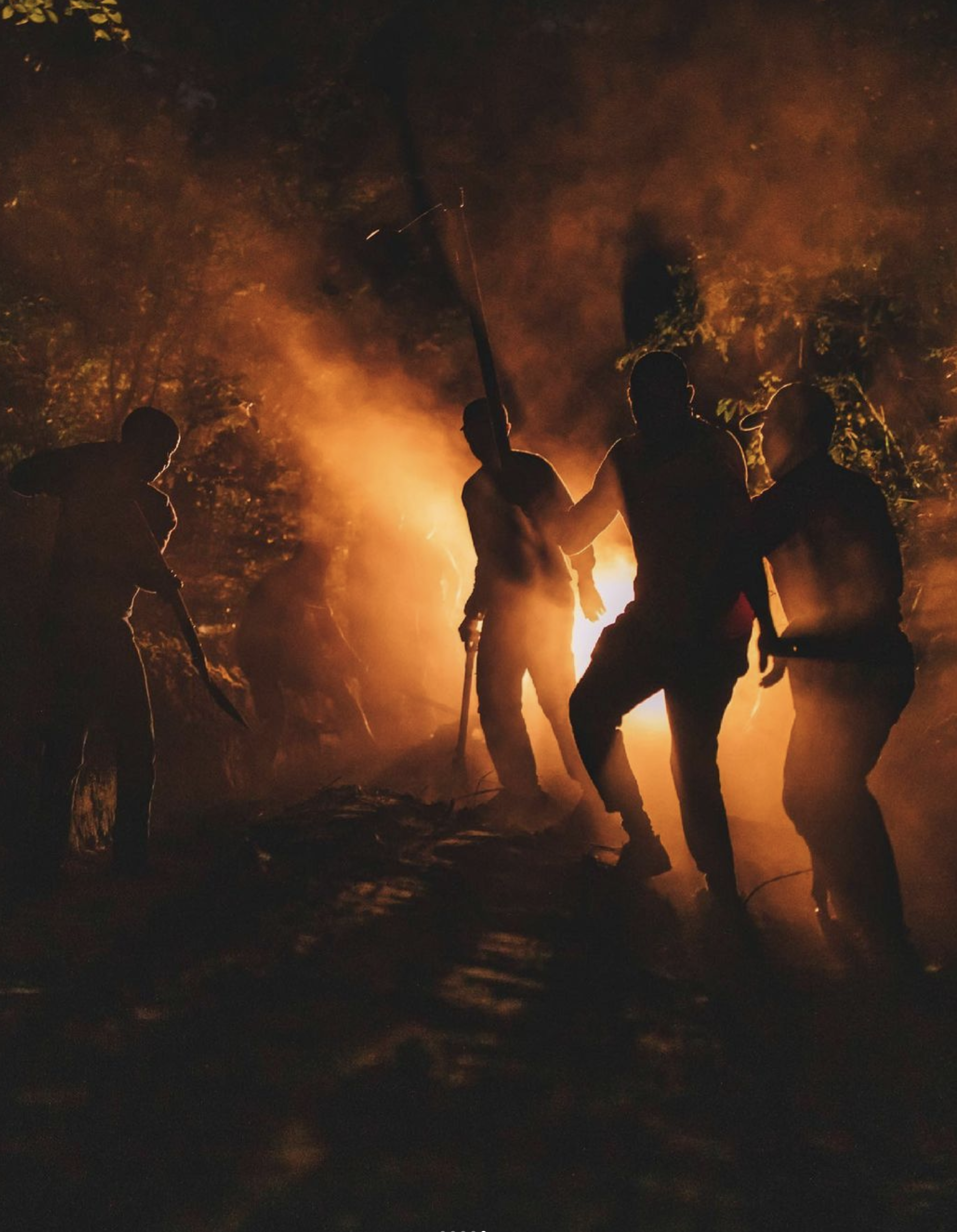






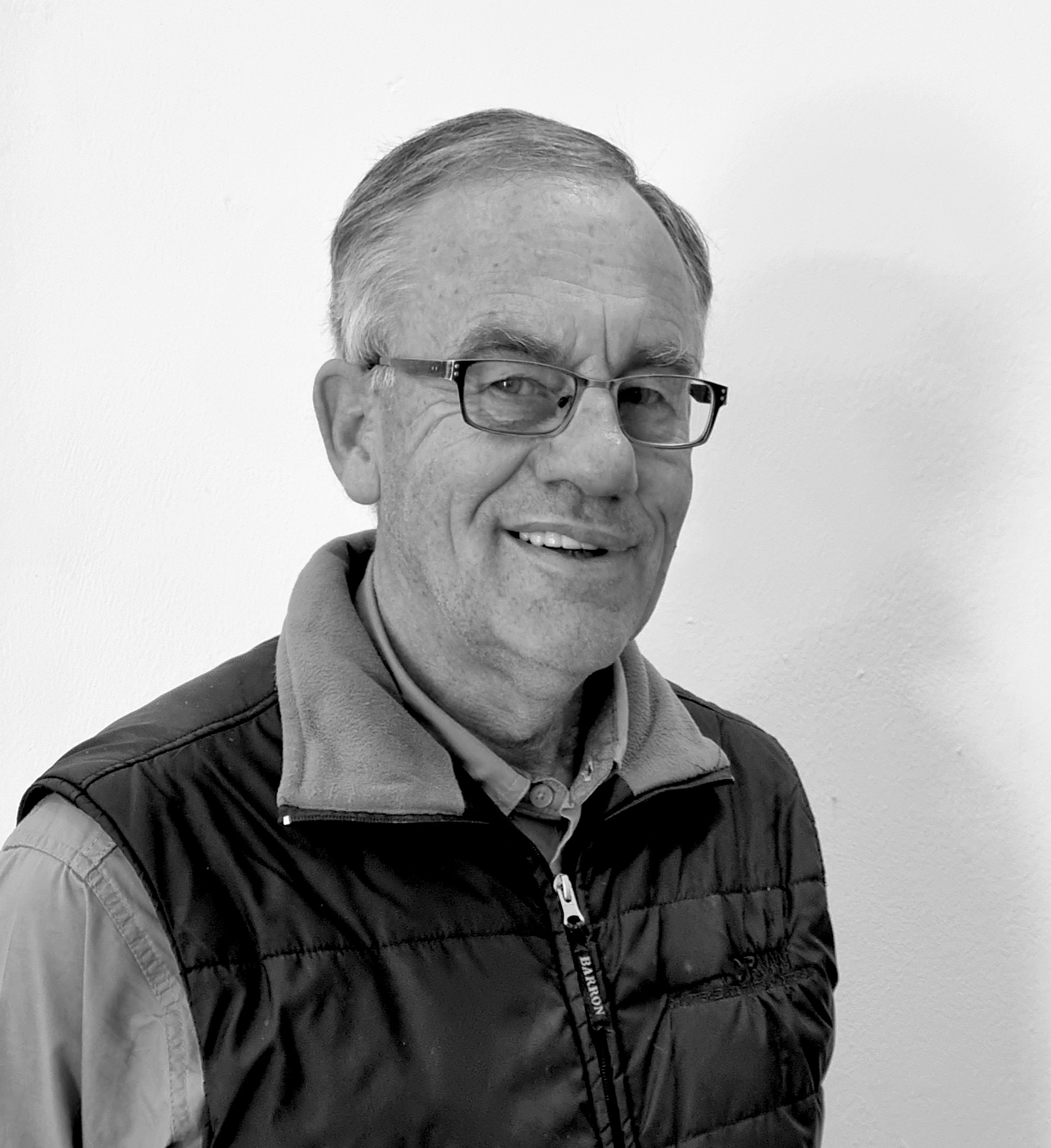


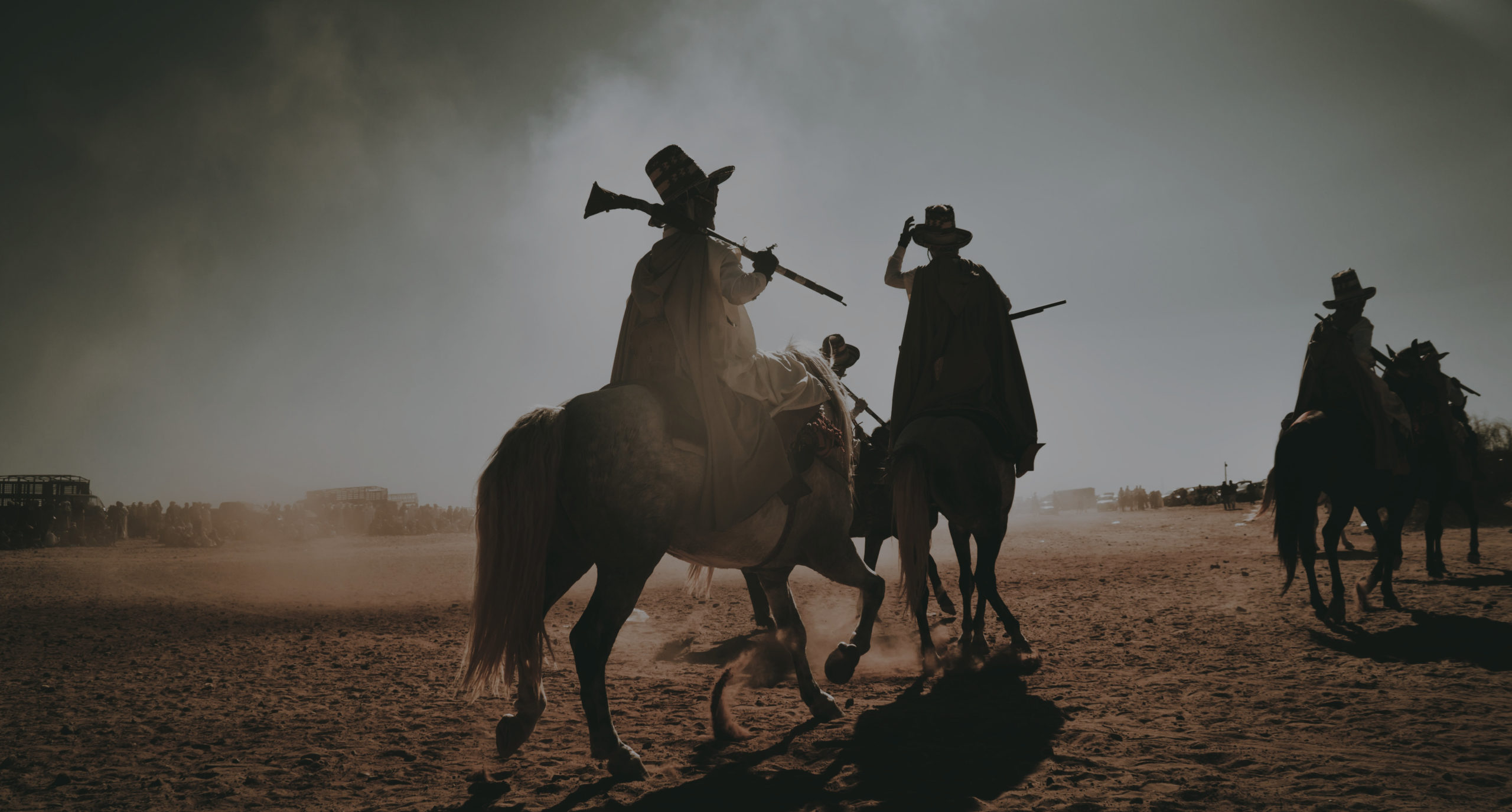
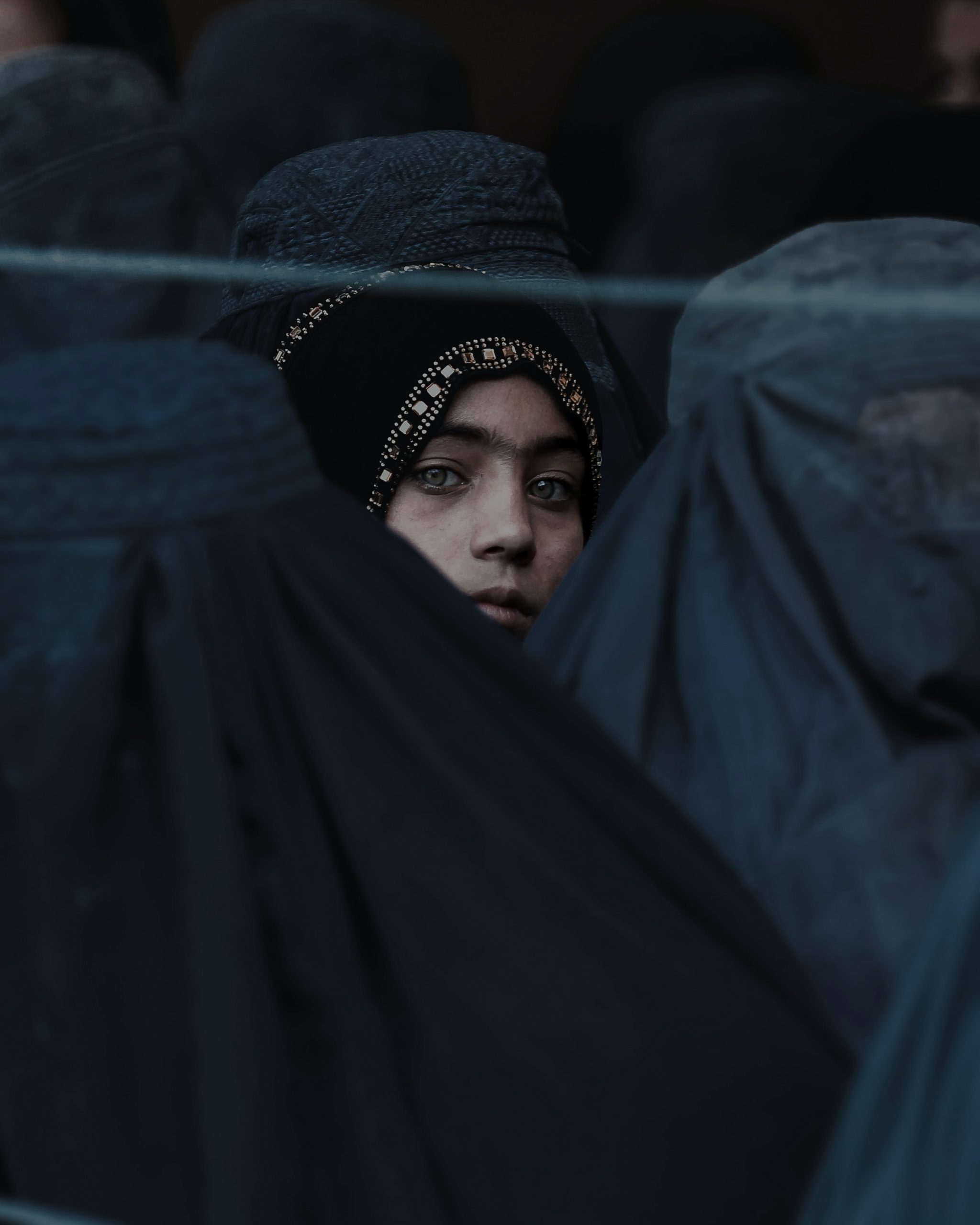
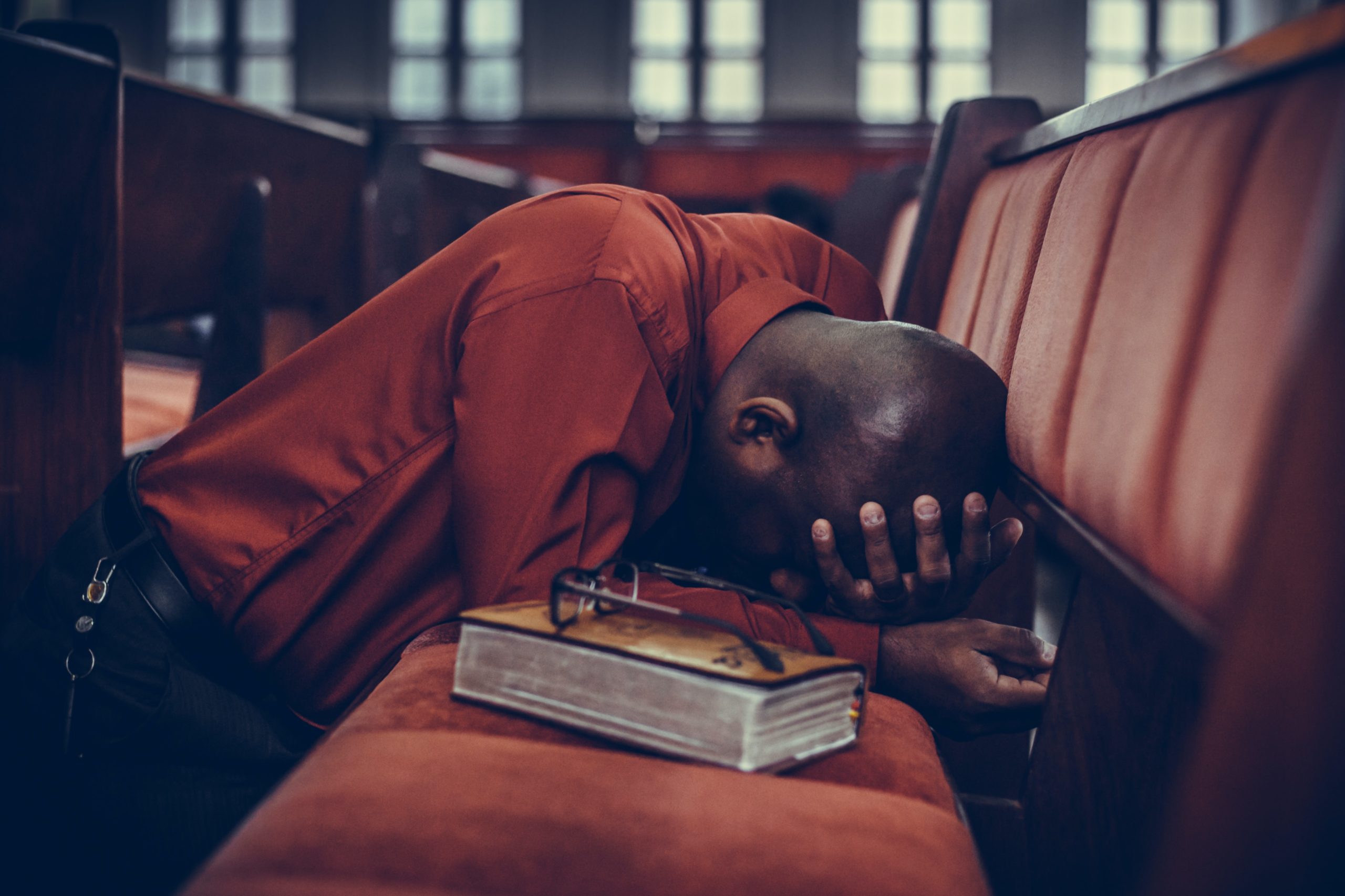
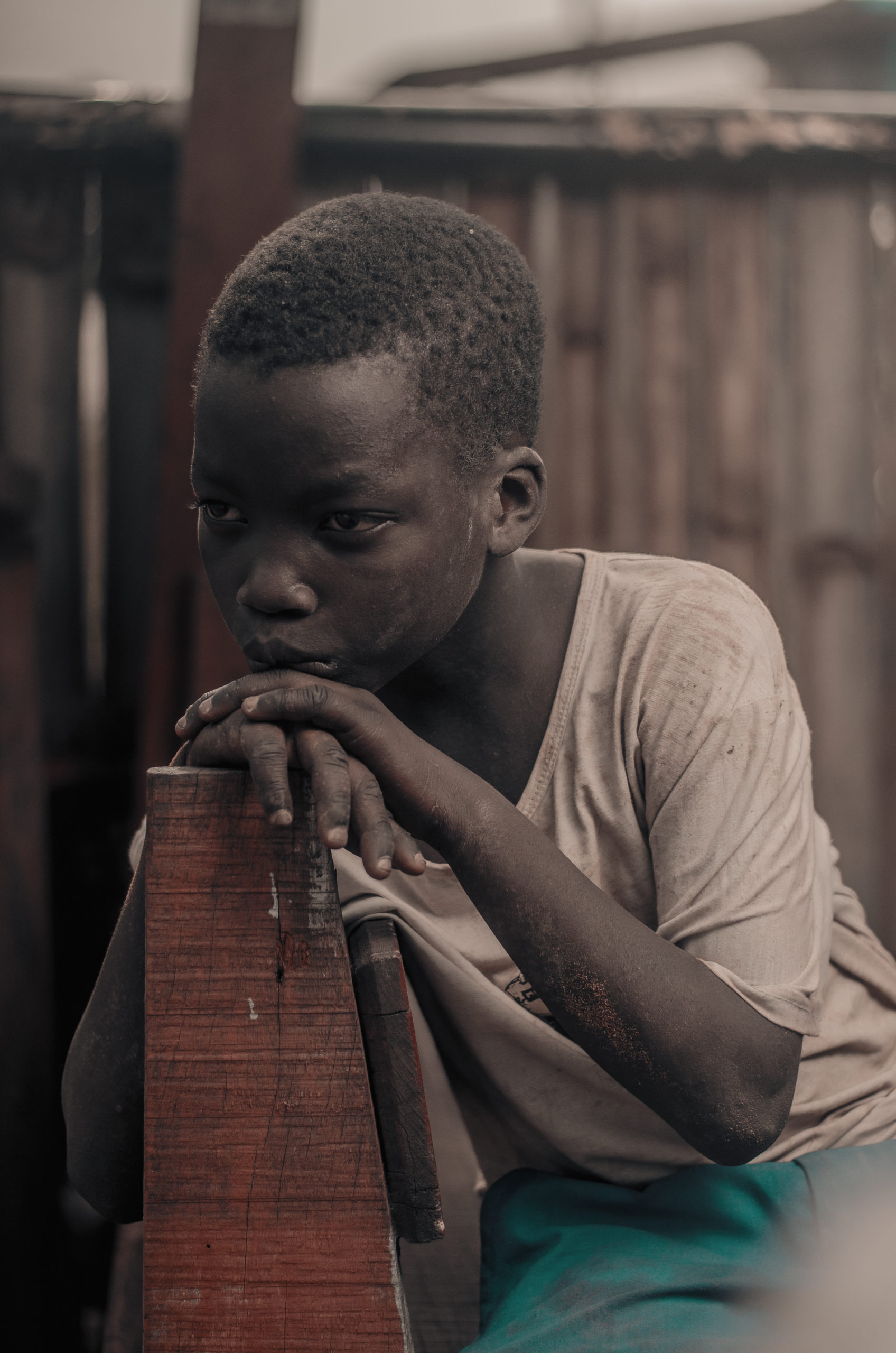

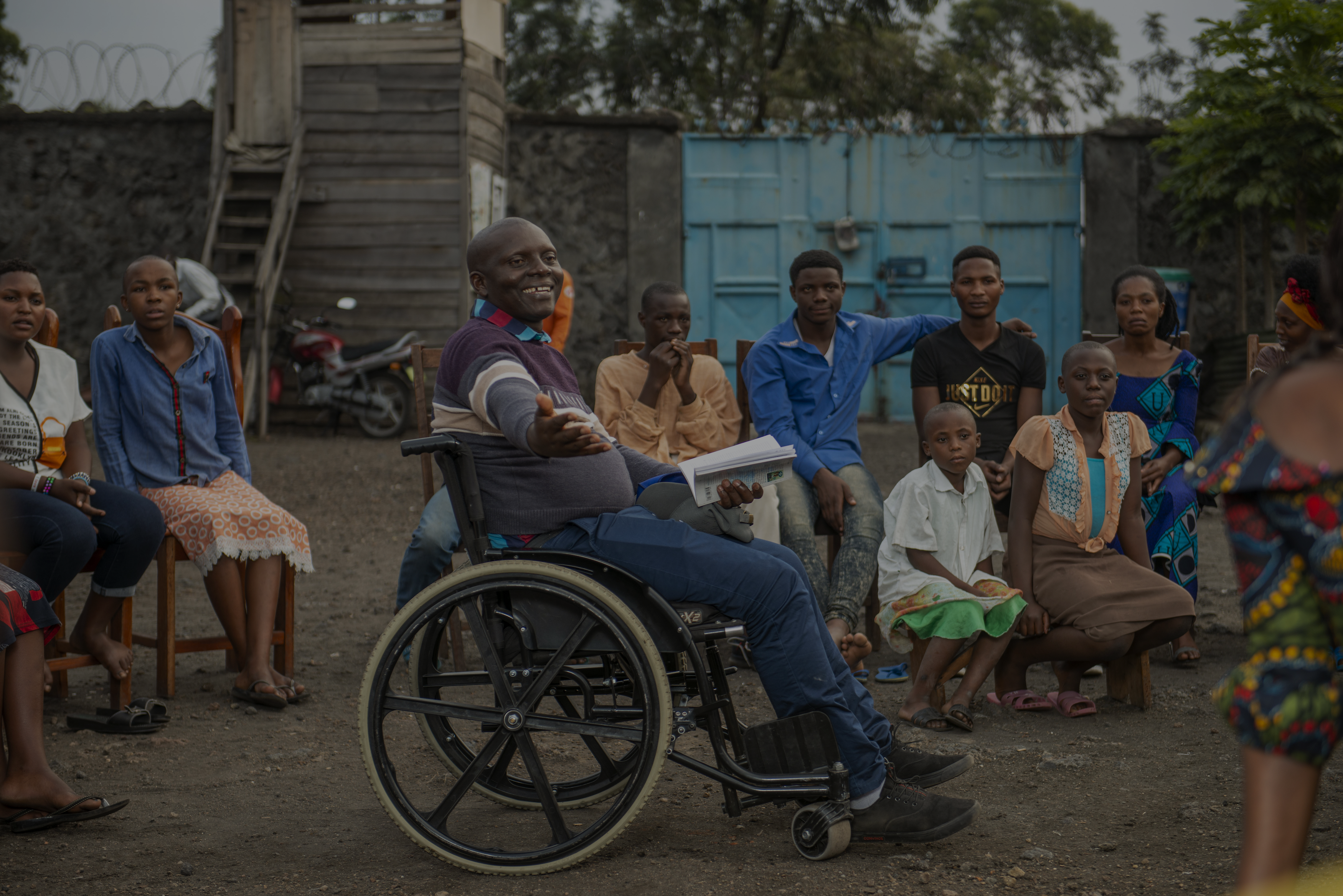

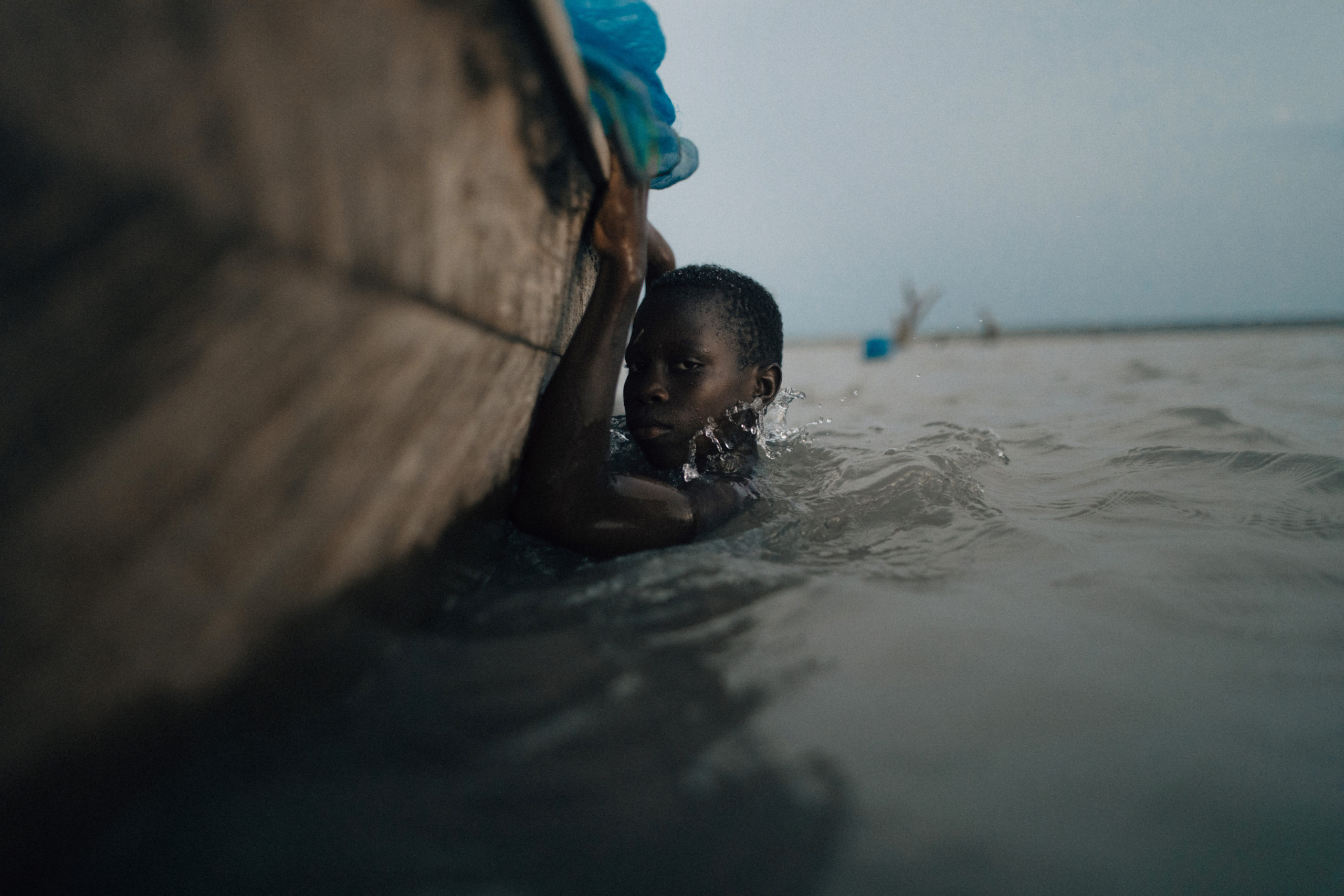


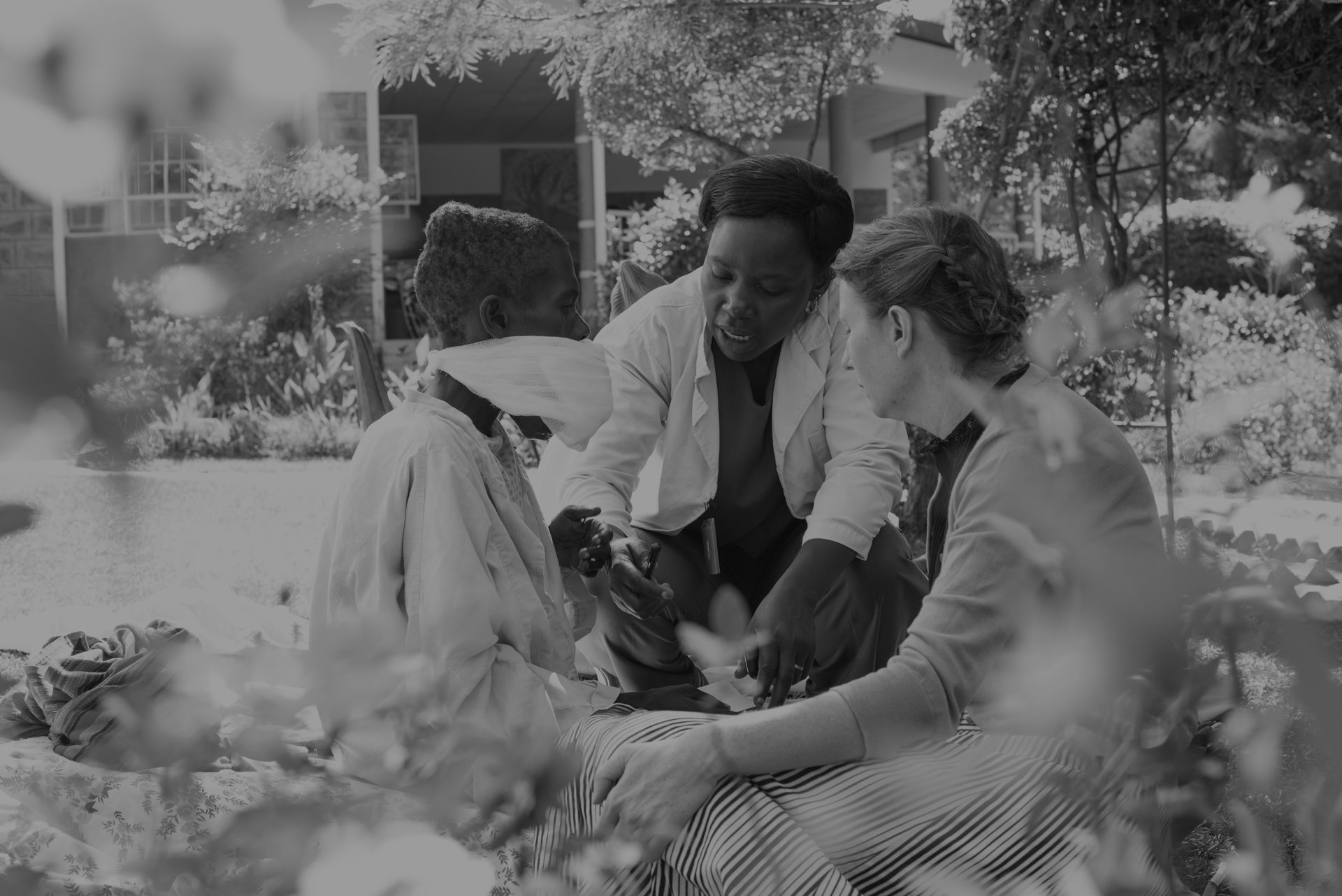

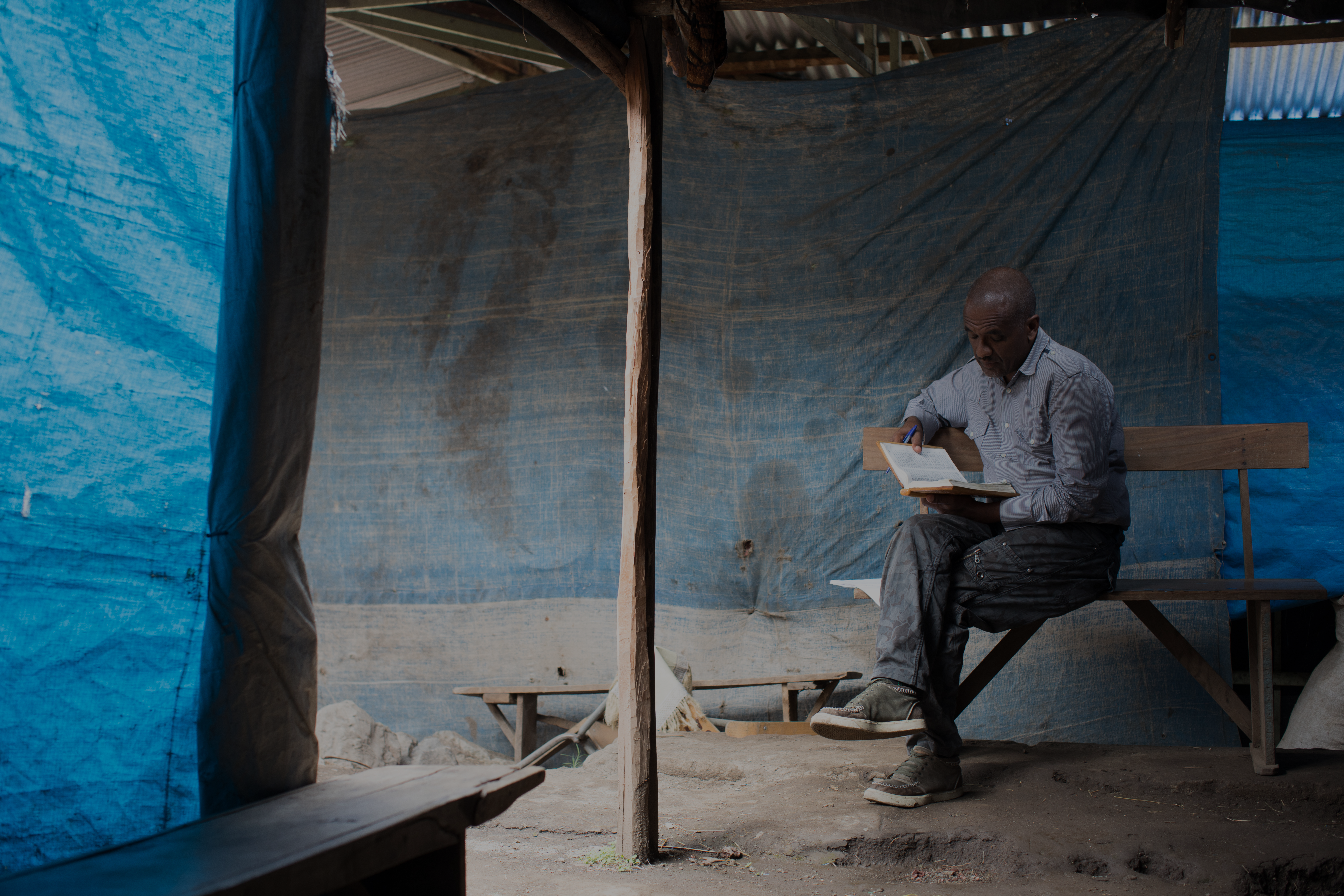
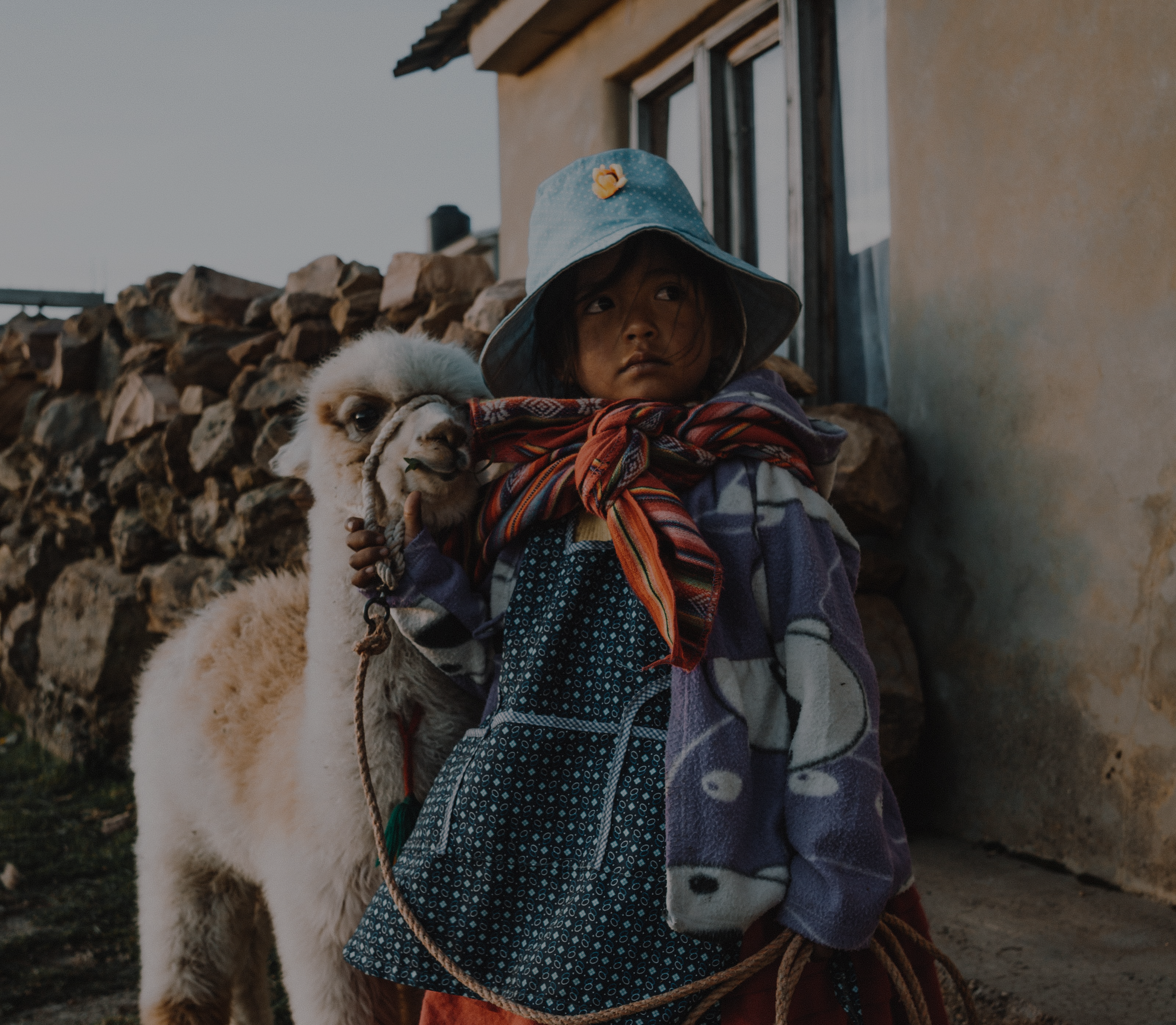
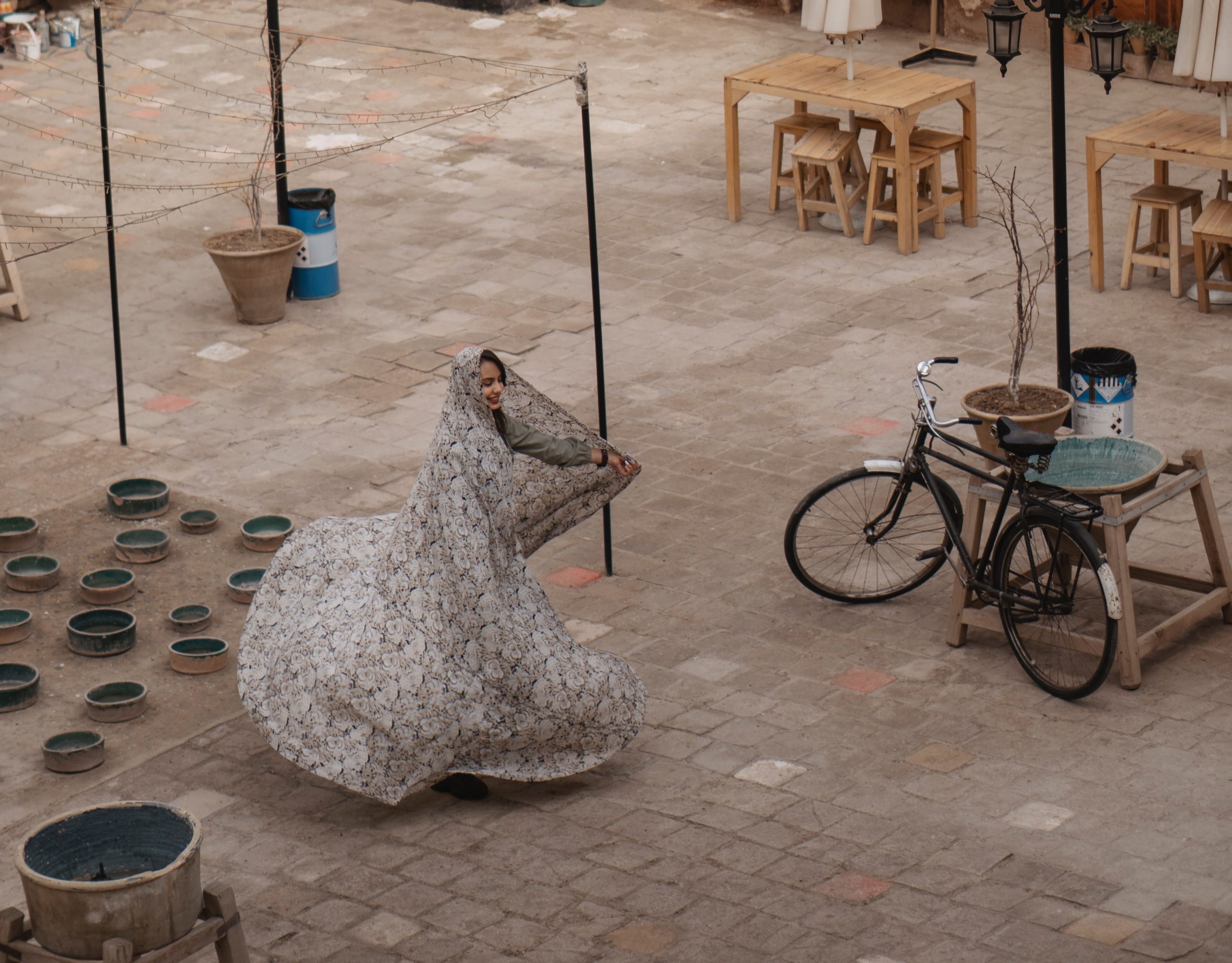

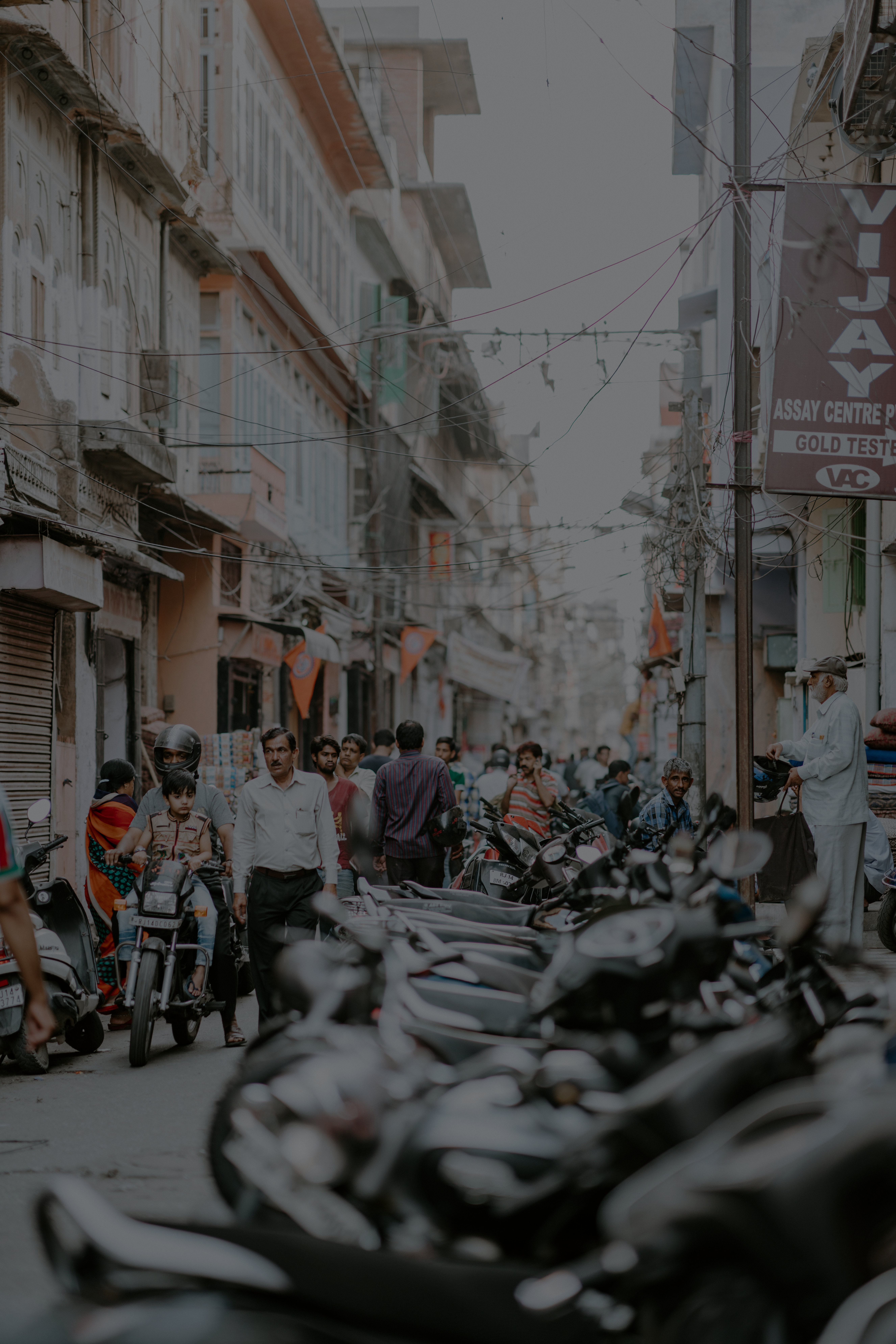



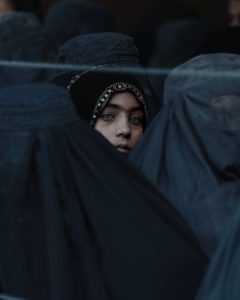
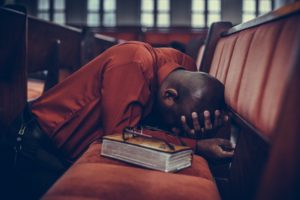
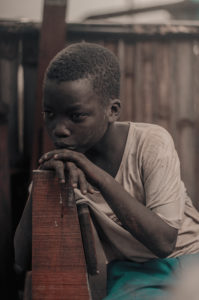

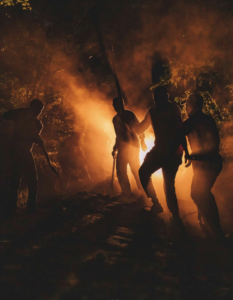
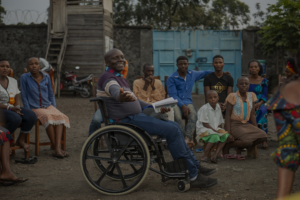

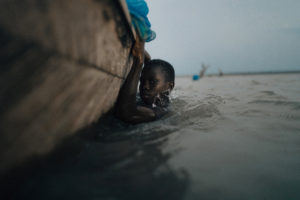


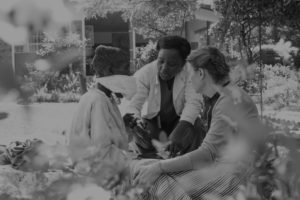

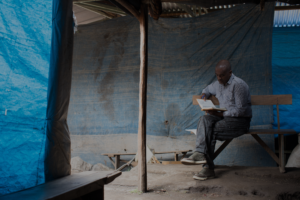

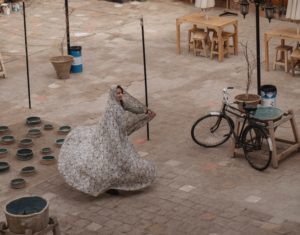


Share Article